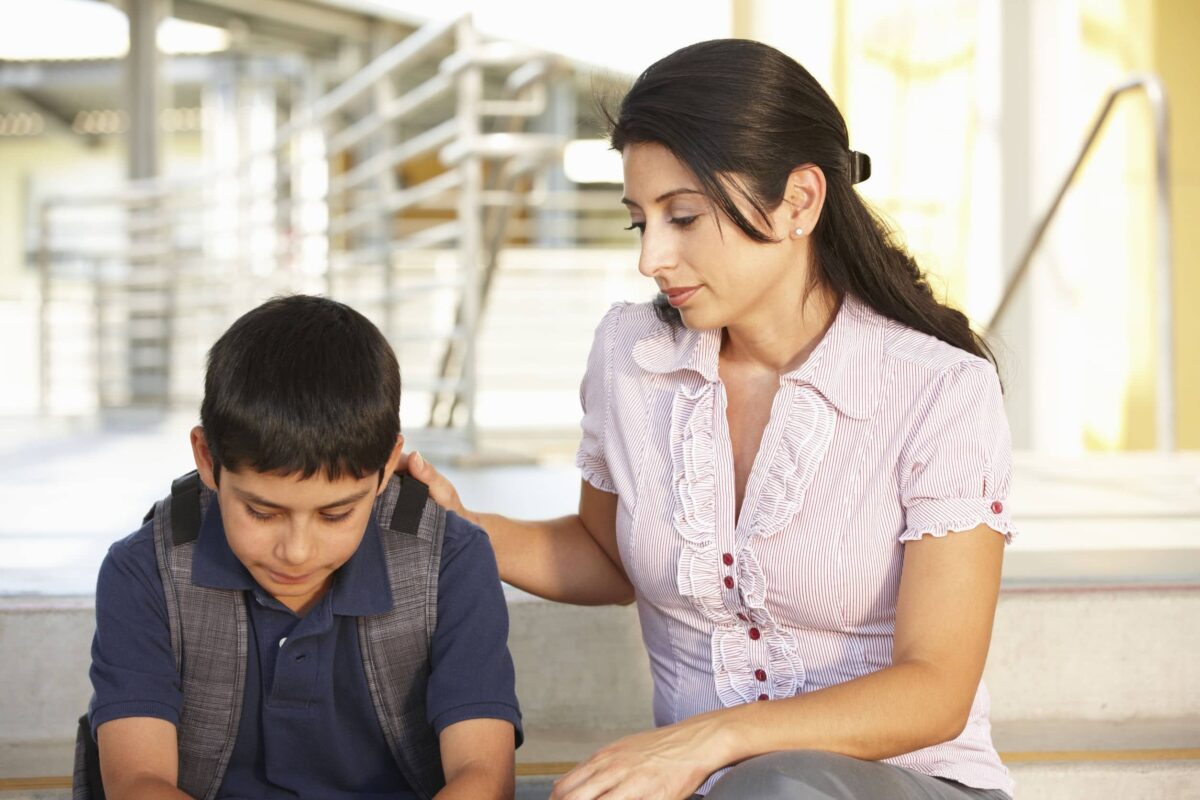I’m writing this around A-level results day, with the Olympics playing in the background on the TV. Both of these events carry with them evidence of great effort, strain, application and talent, as students and athletes strive to achieve their just rewards. There have been a lot of tweets and Facebook posts reassuring young people that they are not defined by their results. We have also seen countless interviews with sports people who felt that they had not reached their potential – who can forget the heart-breaking interviews with rowers Zac Purchase and Mark Hunter in London 2012 or Lutalo Muhammed in Rio 2016? But when things go wrong for the children in our groups, are well-meant words the best thing?
It’s only human nature to try and make things better for those whom we love when they are in pain or upset. However, sometimes this means that we trot out platitudes and try to spirit away the problems and difficult feelings. Listening to the interviewer’s questions as he interviewed a distraught Lutalo Muhammed, it was clear that he was trying to help the Taekwondo fighter see the positives (‘This is still the best Olympic performance by a British male.’). But, when you were half a second from victory and your opponent’s supporters are cheering all around you, looking on the bright side is the last thing you want to do.
So what should we do when things in children’s lives don’t go their way?
Sit with the child
Don’t ask lots of questions, don’t try to make the child feel better with well-meant words. Just listen. The child might want to talk, they might not. Either way, you don’t really need to say anything. Don’t be afraid of sitting in silence! It can be enough for a child just to know that you are there. And if the child needs a hug, then do so. Touch (within the context of your safeguarding policy) can be much more soothing than words.
Don’t belittle the child’s disappointment
As an adult with plenty of experience behind you, you know that some difficult things that happen in childhood aren’t as important as they might seem at the time. But for the child, what they have experienced might be the worst thing they have ever been through. Disasters such as losing friends, getting bad test results or not getting a part in a school play – these might all seem minor things to us, but can be earth-shattering to the child. Don’t explain away their hurt with phrases such as ‘It’s only a play’. If the child wants to talk, help them explore their feelings and sympathise with their disappointment.
Think before saying ‘This happened to me’
You might have experienced the same thing as the child who is upset, but think twice about saying, ‘This happened to me.’ If you tell a long story about your own experience, you turn the conversation into something that’s about you, and not what the child is going through. If the child asks you, then do share your experience, but be careful to relate it to the child’s situation. Focus on how you felt and see if the child perhaps feels the same. That way you can help provide language for the child to express more articulately how they are feeling now.
Work with parents or carers
If a child is upset at a children’s group, then let their parent or carer know when they leave. Tell the child that this is what you’re going to do and make sure they’re happy for you to do so. (Unless, of course, it’s a child protection issue, in which case, you should follow your policy.*) If a friendship has been broken or an achievement not reached, then parents and carers can support their child throughout the week. But if parents or carers don’t know, then they can’t help!
Alex Taylor is Children’s Ministry Trainer for the Diocese of London.
Photo Copyright: stockbroker / 123RF Stock Photo
